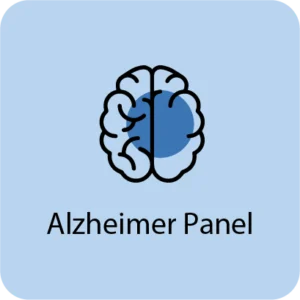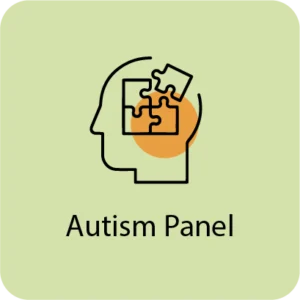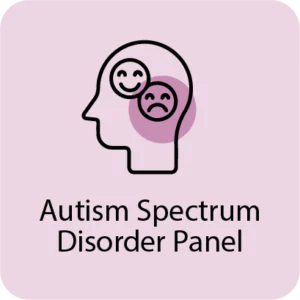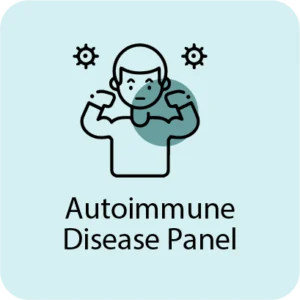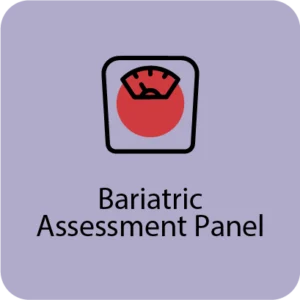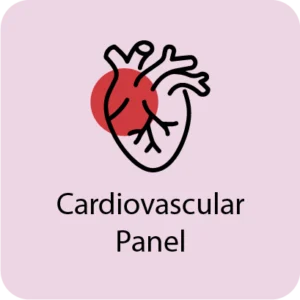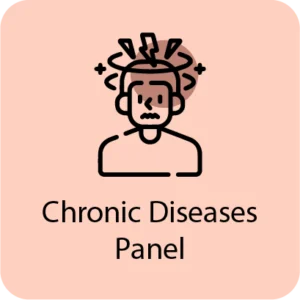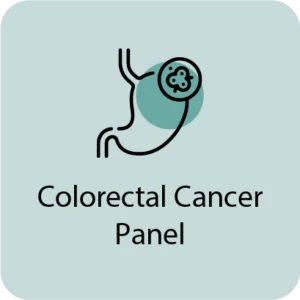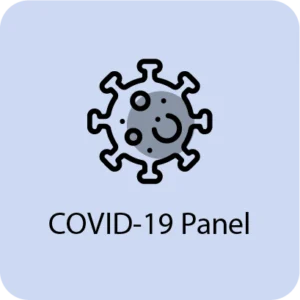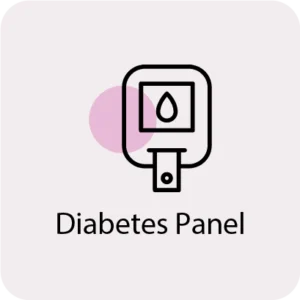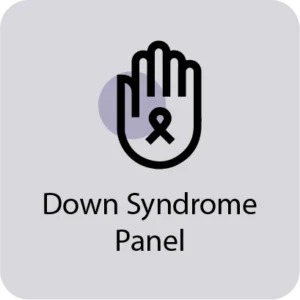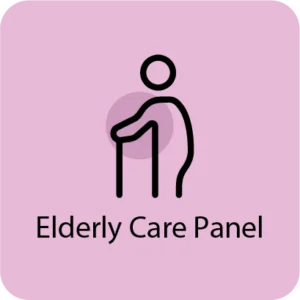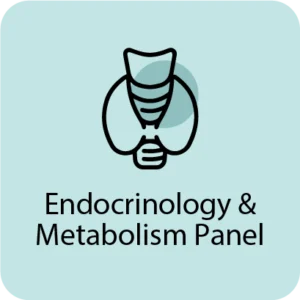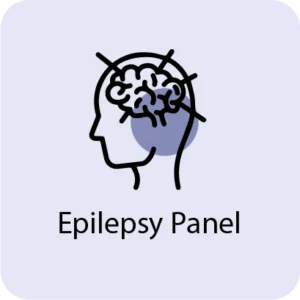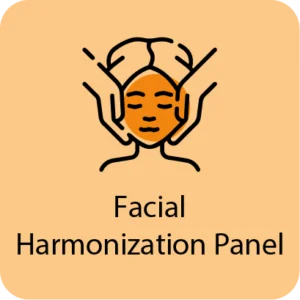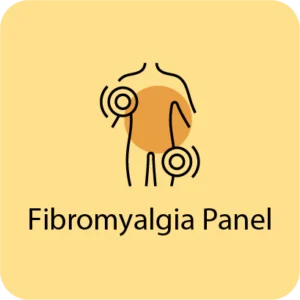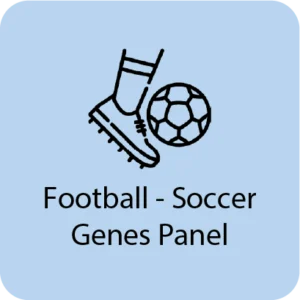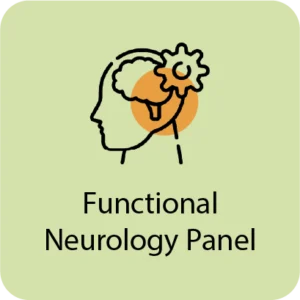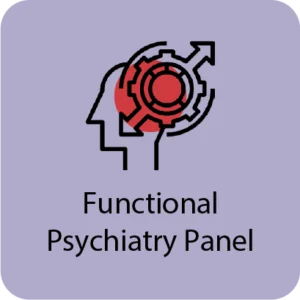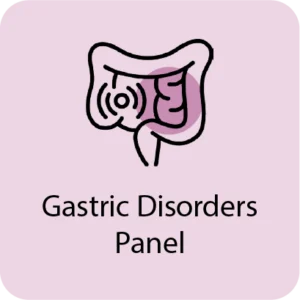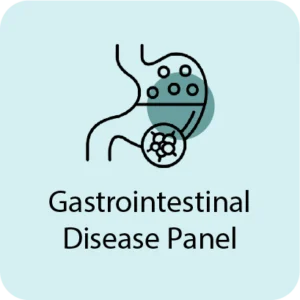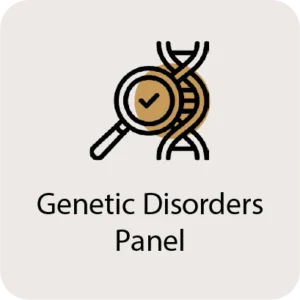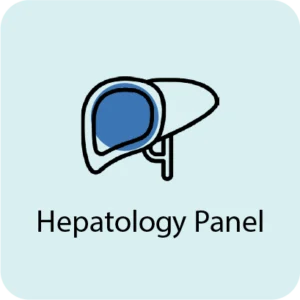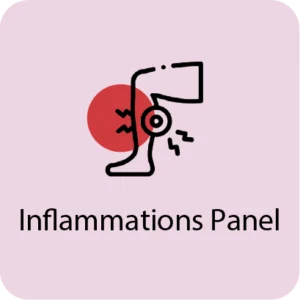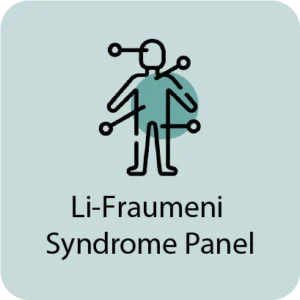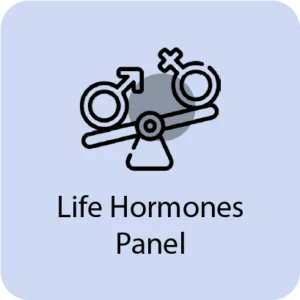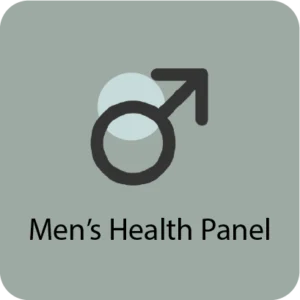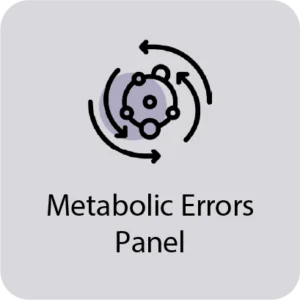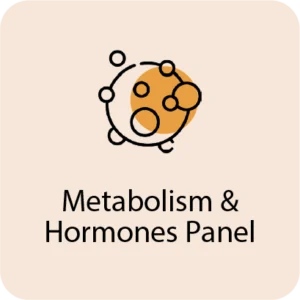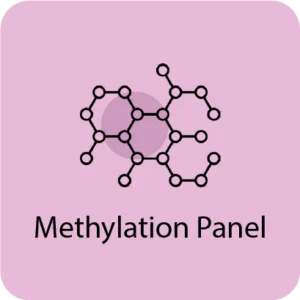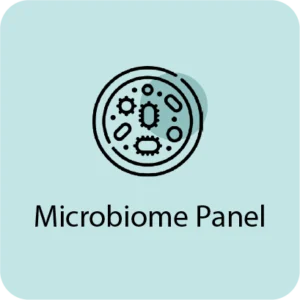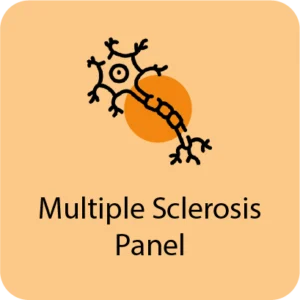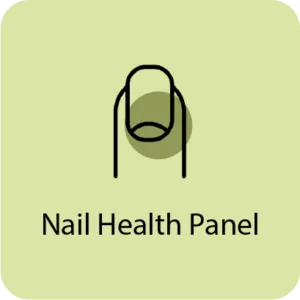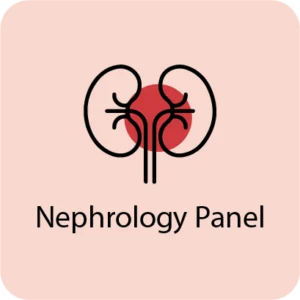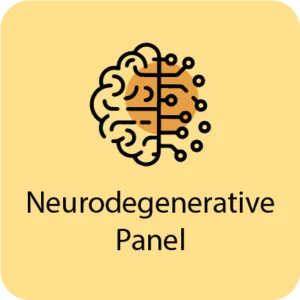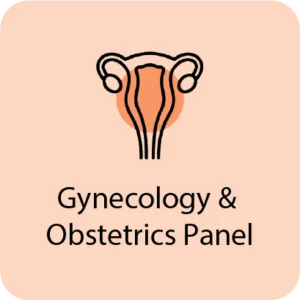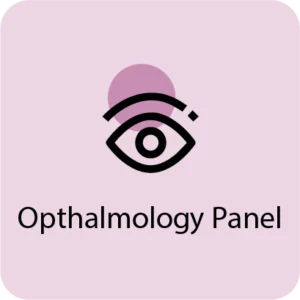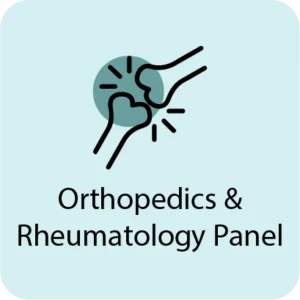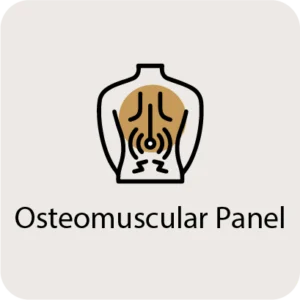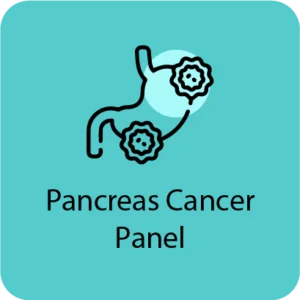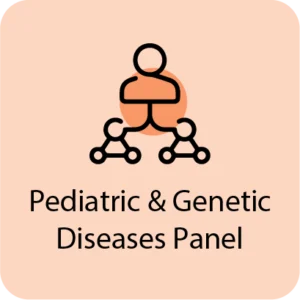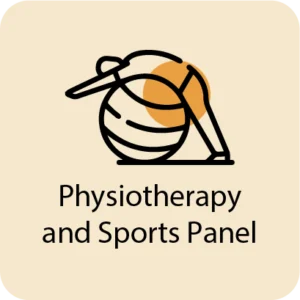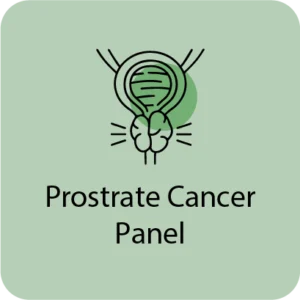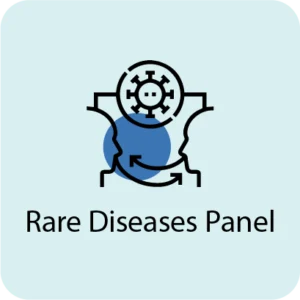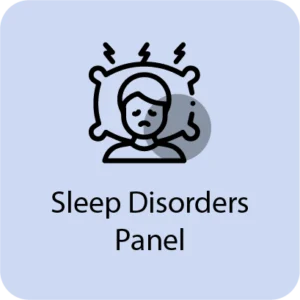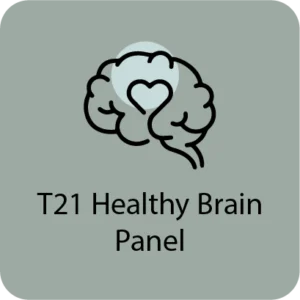Orthopedic & Rheumatology_Panel
Our team of orthopedic surgeons, rheumatologists, and allied health professionals is well dedicated to providing comprehensive care, innovative treatments, and personalized solutions. This goes well with the address of a wide range of orthopedic and rheumatologic disorders. Here’s what you need to know about Lifecode’s Orthopedic & Rheumatology department and our commitment to your musculoskeletal health:
Understanding Orthopedics and Rheumatology:
- Orthopedics: Orthopedics is the branch of medicine focused on the diagnosis, treatment, and rehabilitation of musculoskeletal conditions. This shall include injuries, fractures, degenerative diseases, and congenital abnormalities affecting bones, joints, muscles, ligaments, and tendons.
- Rheumatology: Rheumatology is the subspecialty of internal medicine. It deals with the diagnosis and management of autoimmune and inflammatory conditions. That has affected the joints, connective tissues, and soft tissues of the body, such as rheumatoid arthritis, osteoarthritis, lupus, gout, and systemic sclerosis.
Lifecode’s Orthopedic & Rheumatology Services:
- Diagnostic Evaluation: The healthcare is known to offer comprehensive diagnostic evaluations. It includes a medical history review, physical examination, imaging studies (X-rays, MRI, CT scans), laboratory tests, and specialized diagnostic procedures (e.g., arthroscopy, joint aspiration) to accurately diagnose orthopedic and rheumatologic conditions.
- Treatment Options: It provides a wide range of treatment options for orthopedic and rheumatologic conditions, including conservative therapies (e.g., medication management, physical therapy, bracing, injections). Goes along as minimally invasive procedures (e.g., arthroscopy, joint injections), and surgical interventions (e.g., joint replacement, ligament repair, spinal surgery).
- Joint Replacement Surgery: Advanced joint replacement surgery like total hip replacement, total knee replacement, and total shoulder replacement, for individuals with severe joint damage or arthritis. Our orthopedic surgeons utilize state-of-the-art techniques and implants to restore function and relieve pain, enabling patients to regain mobility and quality of life.
- Rheumatologic Care: The rheumatologists specialize in the diagnosis and management of rheumatologic conditions, providing personalized treatment plans tailored to each patient’s specific needs and goals. Treatment options might include disease-modifying antirheumatic drugs (DMARDs), biological therapies, corticosteroids, and lifestyle modifications to manage symptoms and improve quality of life.
Why Choose Lifecode for Orthopedic & Rheumatology Care:
- Expertise and Experience: The team of orthopedic surgeons and rheumatologists is highly skilled and experienced in diagnosing and treating a wide range of musculoskeletal and rheumatologic conditions. The specialists stay abreast of the latest advances in orthopedic and rheumatologic care to provide cutting-edge treatments and optimal outcomes for our patients.
- Comprehensive Care: Comprehensive care for orthopedic and rheumatologic conditions, from diagnosis and treatment to rehabilitation and follow-up care. Our multidisciplinary approach ensures seamless coordination of care and personalized treatment plans tailored to each patient’s unique needs and goals.
- State-of-the-Art Facilities: It is equipped with state-of-the-art facilities and advanced technology. It also includes diagnostic imaging, surgical suites, and rehabilitation centers, to provide the highest standard of care for our patients.
- Patient-Centered Approach: the commitment to providing patient-centered care with a focus on compassion, communication, and collaboration. We strive to create a supportive and empowering environment where patients feel heard, respected, and involved in their care decisions.
The Orthopedic & Rheumatology department at Lifecode is dedicated to providing comprehensive, compassionate care to individuals with musculoskeletal and rheumatologic conditions. Whether you need treatment for an orthopedic injury, arthritis, or autoimmune disorder, we are here to support you on your journey to better musculoskeletal health and improved quality of life. Contact Lifecode today to schedule an appointment and take the first step toward renewed mobility and wellness.
| Categories | Conditions Observed |
|---|---|
| Cancer | Cervical Neoplasm |
| Osteosarcoma | |
| Tumor Necrosis Factor Alpha | |
| Tumor calcinosis | |
| Dentistry | Bone resorption for prosthesis implants |
| Effectiveness in response to bisphosphonates | |
| Digestive system | Peroxisomal Enzyme Deficiency |
| Drug Reactions | Better Response to Methotrexate |
| Genetic diseases | Blau’s Syndrome |
| Hereditary angioedema | |
| Hypohydrotic Ectodermal Dysplasia | |
| Mucolipidosis Type 4 (Gangliosidosis) | |
| Seckel’s Syndrome | |
| Weaver syndrome | |
| Hematologic system | Neuroferritinopathy |
| Hereditary diseases | Pompe disease |
| Hormone | Acromegaly |
| Growth Hormone (GH) Deficiency | |
| Hormones | Estradiol |
| Growth Hormone Response | |
| Testosterone | |
| Immune system | Ankylosing spondylitis |
| Lupus | |
| Lymphedema | |
| Psoriatic arthritis | |
| Inflammations | Arthrosis of the Knee |
| Presence of the HLA-B27 Allele | |
| Sciatica | |
| Yao’s Syndrome | |
| Injuries | Fractures |
| Hip dislocation | |
| Meniscus Injury | |
| Probability of Muscle Injuries | |
| Read – Repetitive strain injury | |
| Shoulder Shift | |
| Sports-Related Musculoskeletal Injuries | |
| Metabolic | Mitochondrial Complex Deficiency 1 |
| Metabolic disorders | Adenosine Monophosphate Deaminase Deficiency |
| Adenosine Monophosphate Deaminase Deficiency | |
| Homocystinuria | |
| Myoadenylate Deaminase Deficiency | |
| Muscular system | |
| Calf muscle hypertrophy | |
| Diastrophic Dysplasia | |
| Dissegmental Dysplasia | |
| Dystonia | |
| Emery-Dreifuss Muscular Dystrophy | |
| Gait Instability | |
| Hand Grip Strength | |
| Hemiplegia | |
| Knee strength | |
| Leigh’s Syndrome | |
| Ligament Strength | |
| Malignant Hyperthermia | |
| McArdle’s disease | |
| Melas Syndrome | |
| Muscle Damage Protection | |
| Muscle Hypotonia | |
| Muscle cramps | |
| Muscle stiffness | |
| Muscle strength | |
| Muscular Dystrophy – Congenital Dystroglycanopathy | |
| Myasthenia Grave | |
| Myochemy | |
| Myotonic dystrophy | |
| Nemaline myopathy | |
| Phosphoglycerate mutase deficiency myopathy | |
| Progressive Muscle Atrophy | |
| Progressive Muscular Dystrophy (juvenile) | |
| Pseudorheumatoid Dysplasia | |
| Refsum Disease | |
| Rhabdomyolysis | |
| Rotator Cuff Tendinitis (Tennis Shoulder) | |
| Spinal Muscular Atrophy | |
| Tendon reflex | |
| Vestibular Dysfunction | |
| Von Eulenburg Congenital Paramyotonia | |
| Waist Muscular Dystrophy | |
| X-linked Ectodermal Dysplasia | |
| Neurodegenerative diseases | Motor Neuropathy |
| Motor Neuropathy | |
| Peripheral neuropathy | |
| Progressive Supranuclear Palsy | |
| Neurological | GLUT1 Deficiency Syndrome |
| Pains | |
| Back pains | |
| Lumbar Disc Disease | |
| Pain Sensitivity | |
| Pediatric | Spina bifida |
| Personal characteristics | |
| Antley-Bixley Syndrome with Genital Anomaly | |
| Chondrodysplasia punctate rhizomelic | |
| Height | |
| Spondyloepiphyseal Dysplasia | |
| Skeletal system (bones) | Atelosteogenesis |
| Bone mineral density | |
| Carpal tunnel syndrome | |
| Contracture of lower limb joints | |
| Degenerative Lumbar Disc Disease | |
| Disc herniation | |
| Dupuytren’s Contracture | |
| Femoral Head Avascular Necrosis | |
| Hip Osteoarthritis | |
| Intervertebral Disc Disease | |
| Lyme Disease (Borreliosis) | |
| Musculoskeletal Pain | |
| Osteoarthritis | |
| Osteogenesis Imperfecta | |
| Osteopenia | |
| Osteopetrosis | |
| Osteophytosis | |
| Osteoporosis | |
| Rheumatoid arthritis | |
| Risk of amputation in case of diabetic foot ulcer | |
| Scoliosis | |
| Skeletal Dysplasia | |
| Ulnar Deviation | |
| Sports | Elbow flexion contracture |
| Knee flexion contracture | |
| Tendon strength | |
| Vision (Ophthalmology) | Knobloch Syndrome |
| Leber’s Hereditary Optical Neuropathy (LHON) | |
| Oculomotor apraxia |
What is orthopedics and rheumatology, and what conditions do they cover?
Orthopedics focuses on the musculoskeletal system, including bones, joints, muscles, ligaments, and tendons, while rheumatology specializes in autoimmune and inflammatory diseases affecting joints, muscles, and connective tissues.
How do genetics influence orthopedic and rheumatologic conditions?
Genetics can play a role in orthopedic and rheumatologic conditions by contributing to factors such as bone structure, joint health, cartilage integrity, immune system function, and susceptibility to autoimmune or inflammatory diseases.
What is genetic testing for orthopedics & rheumatology, and how does it work?
Genetic testing for orthopedics & rheumatology involves analyzing an individual’s DNA to identify specific genetic variations associated with musculoskeletal disorders, autoimmune conditions, or predisposition to certain joint or bone diseases.
Who should consider undergoing genetic testing for orthopedics & rheumatology?
Individuals with a family history of musculoskeletal disorders, autoimmune diseases, early-onset arthritis, or those experiencing unexplained joint pain or inflammation may consider genetic testing to assess their risk and inform medical management.
How can genetic testing benefit individuals in terms of orthopedics & rheumatology?
Genetic testing for orthopedics & rheumatology can benefit individuals by providing personalized insights into their genetic predispositions, identifying potential risk factors for musculoskeletal disorders or autoimmune conditions, and guiding early intervention or treatment strategies.



